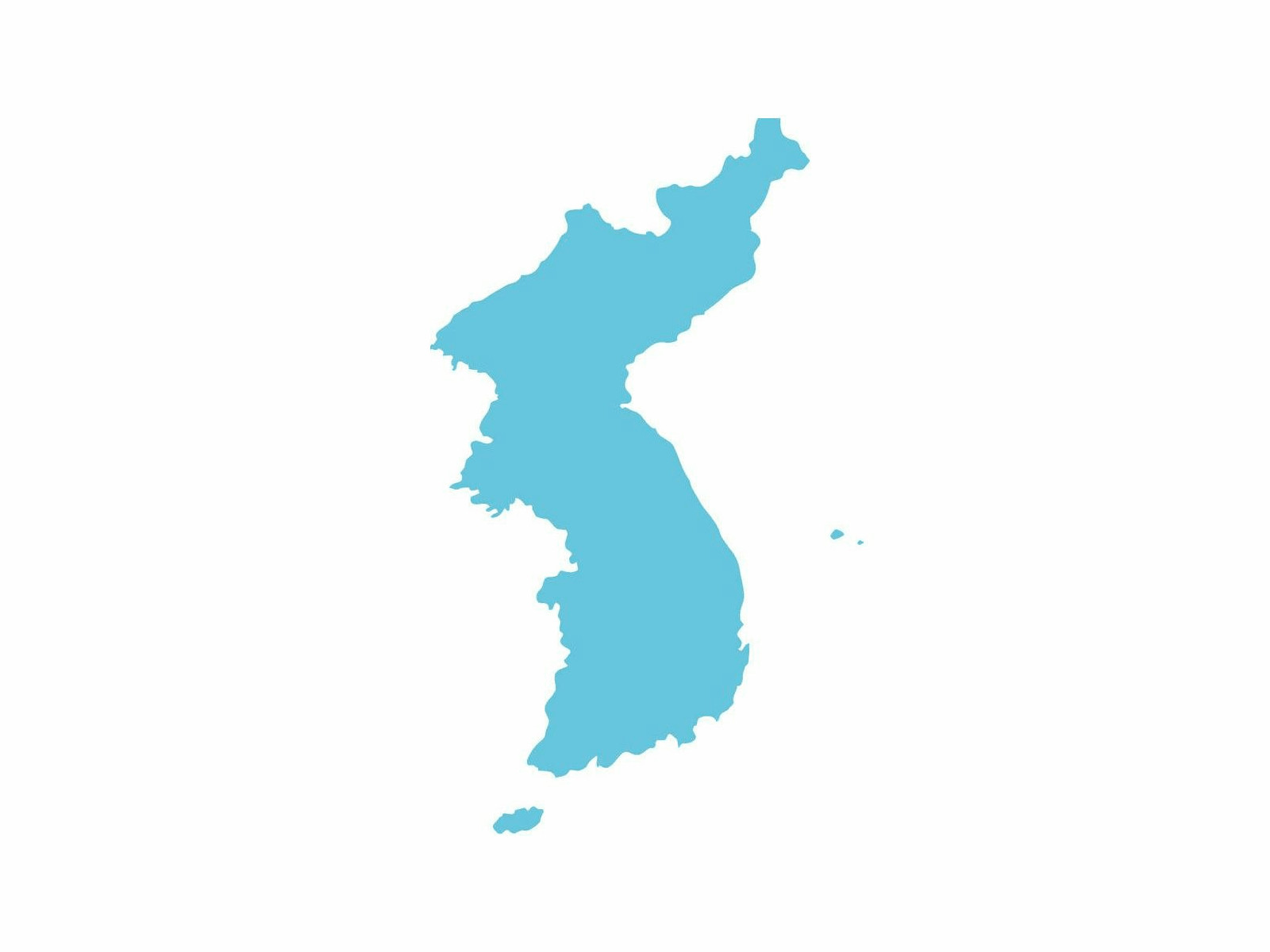North and South Korea to Be United for the 2018 Winter Olympics
Written by Cho Namhee
Finally, the XXIII Olympic Winter Games will commence in Pyeongchang from the 9th to 25th of this month (March 9–18 for the Paralympic Winter Games). After three consecutive biddings and almost a decade of preparation, the Olympic flame will be lit at the Pyeongchang Olympic Stadium and signal the grand beginning of the global sports festival. This quadrennial sporting event has long served as a venue for global unity since it not only gathers elite athletes from around the world, but also serves as a medium for bringing citizens who support their nation together. This upcoming edition is even more special since it will be held on the peninsula where the world’s last two divided countries lie. To date, details of the North Korean team and the delegates participating in the Games are yet to be confirmed; however, it seems positive that the South and North teams will be presented under a single banner, containing a sky-blue image of the peninsula on a white background, at the opening and closing ceremonies.

The breathtaking moments of athletes exerting their utmost energy to fight for the colors of the medals and the levels of the podium excites the spectators, and the emotions of both athletes and spectators reaches a climax when the Olympic champion’s national anthem resonates at the medal ceremony. This winter, the entire nation will anticipate hearing and singing the anthem in unison. The current national anthem of the Republic of Korea, “Aegukga,” composed by Ahn Eak-tai (1906-1965), has been sung since the establishment of the nation on August 15, 1948. It was the national anthem by convention only until its official status as national anthem was enacted into law in 2007. There were around ten national songs sung in the early 20th century when the country slowly opened its doors to the world and made several agreements with other countries for mutual exchanges. However, among those songs, Ahn’s anthem was the only one solely composed by a Korean (the author of the lyrics still remains unconfirmed) while other songs mostly adopted melodies and lyrics from European songs such as the Scottish tune “Auld Lang Syne” and “God Save the King” from the U.K.
North Koreans also sing “Aegukga,” but with different lyrics and a different melody. It was written in June 1947, a year before the South Korean anthem was penned. When the Korean War broke out in 1950, the peninsula was already divided into two groups singing different patriotic musical compositions. Unlike the South’s, the North Korean anthem was clearly specified as a national anthem much earlier. While it is easy to search and find the music on the Internet, singing the North Korean anthem is strictly prohibited in South Korea under the National Security Act. For this reason, the 2002 Busan Asian Games was the first official event where the North Korean anthem was played to the public. Following this, the separate national anthems of the North and South Korean teams were intentionally not included in the broadcast of the soccer matches. The chances of hearing both nations’ anthems at the upcoming Olympic Games are low, as the North Korean team is not very competitive in the Winter Games, and the two teams are likely to march into the Olympic Stadium as a single team with “Arirang” as their theme. However, since it is a great privilege to witness our athletes’ triumphs on our homeland, let’s put history behind us and wish the best for all participating teams at the world’s greatest winter festival.
The Author
Cho Namhee currently studies communication at Chonnam National University.





